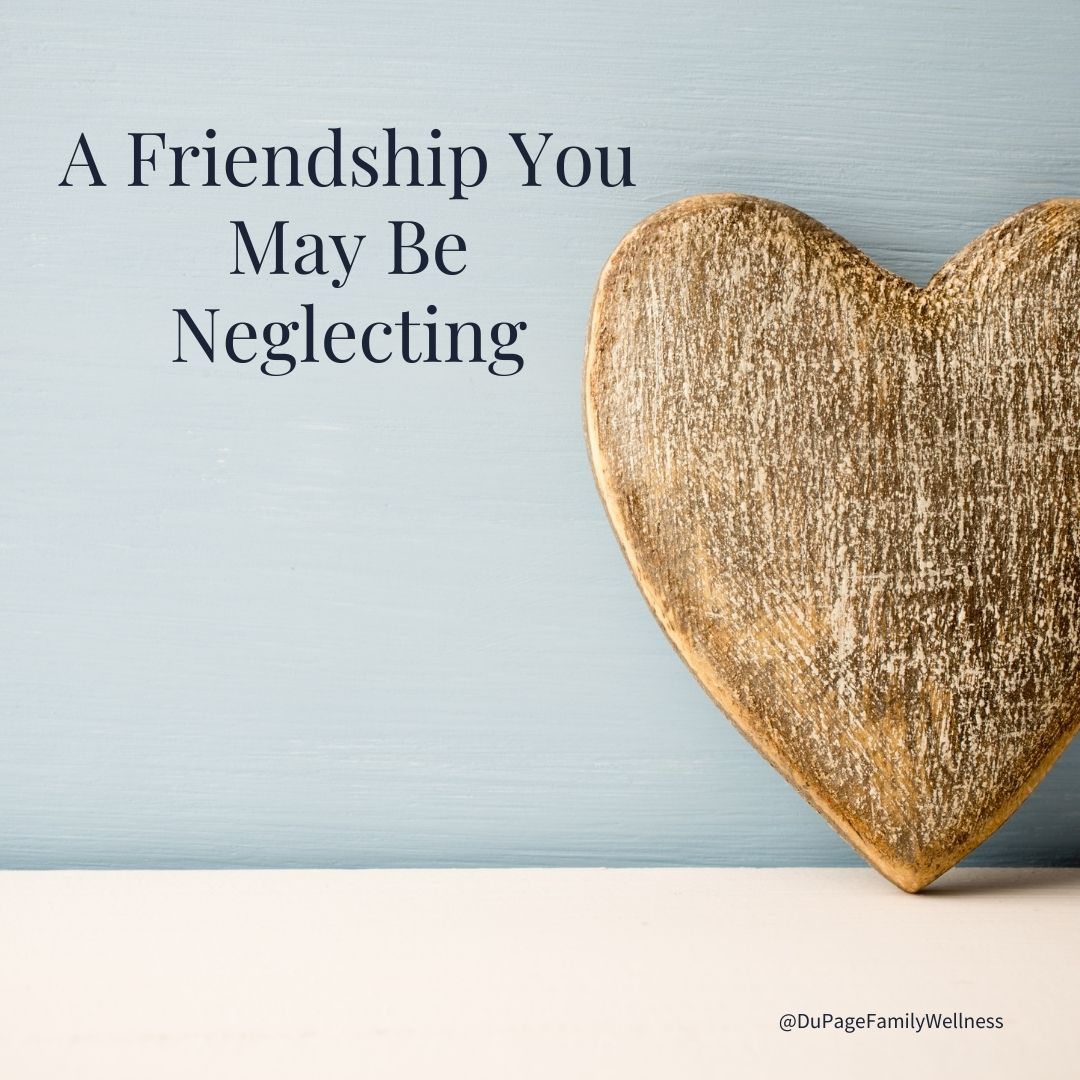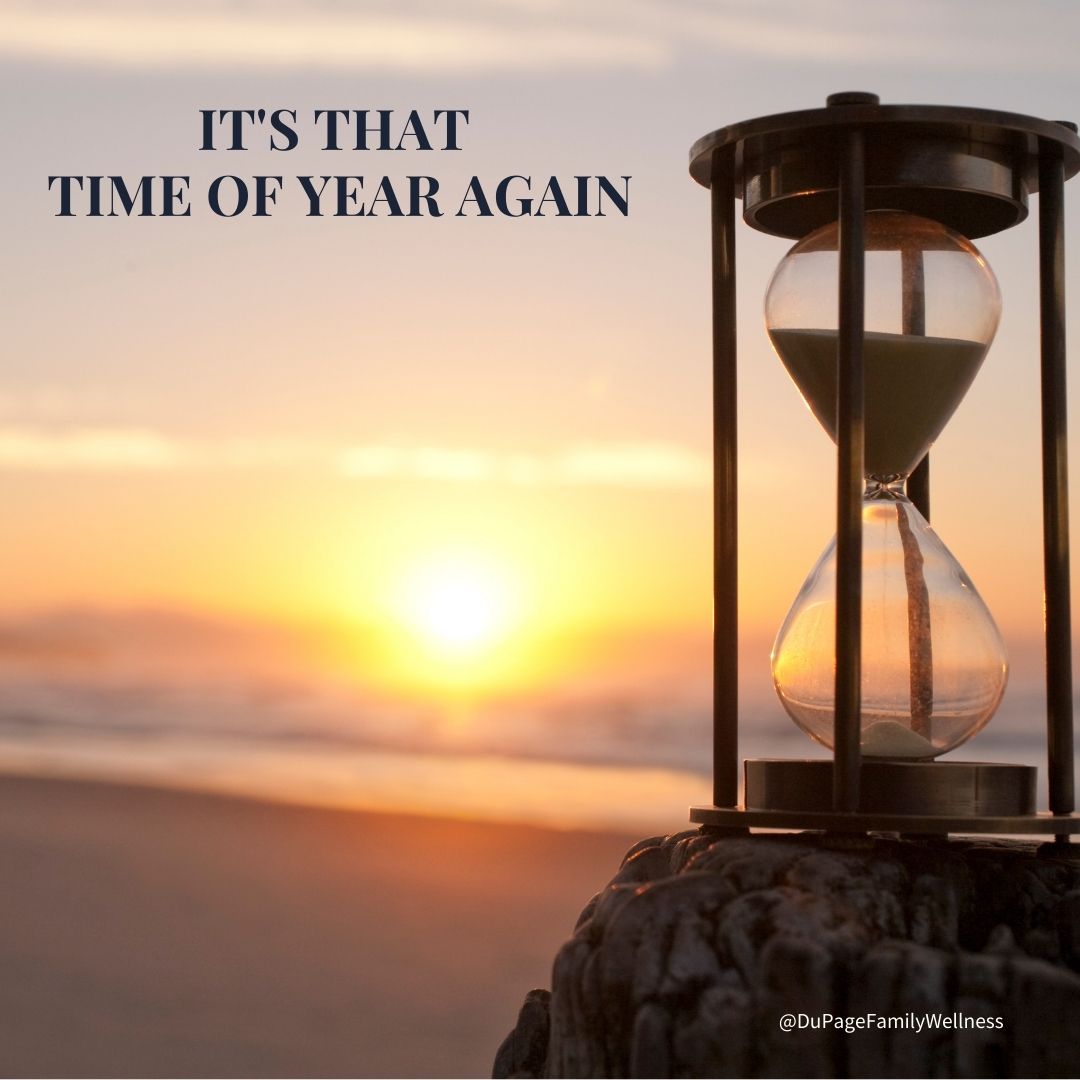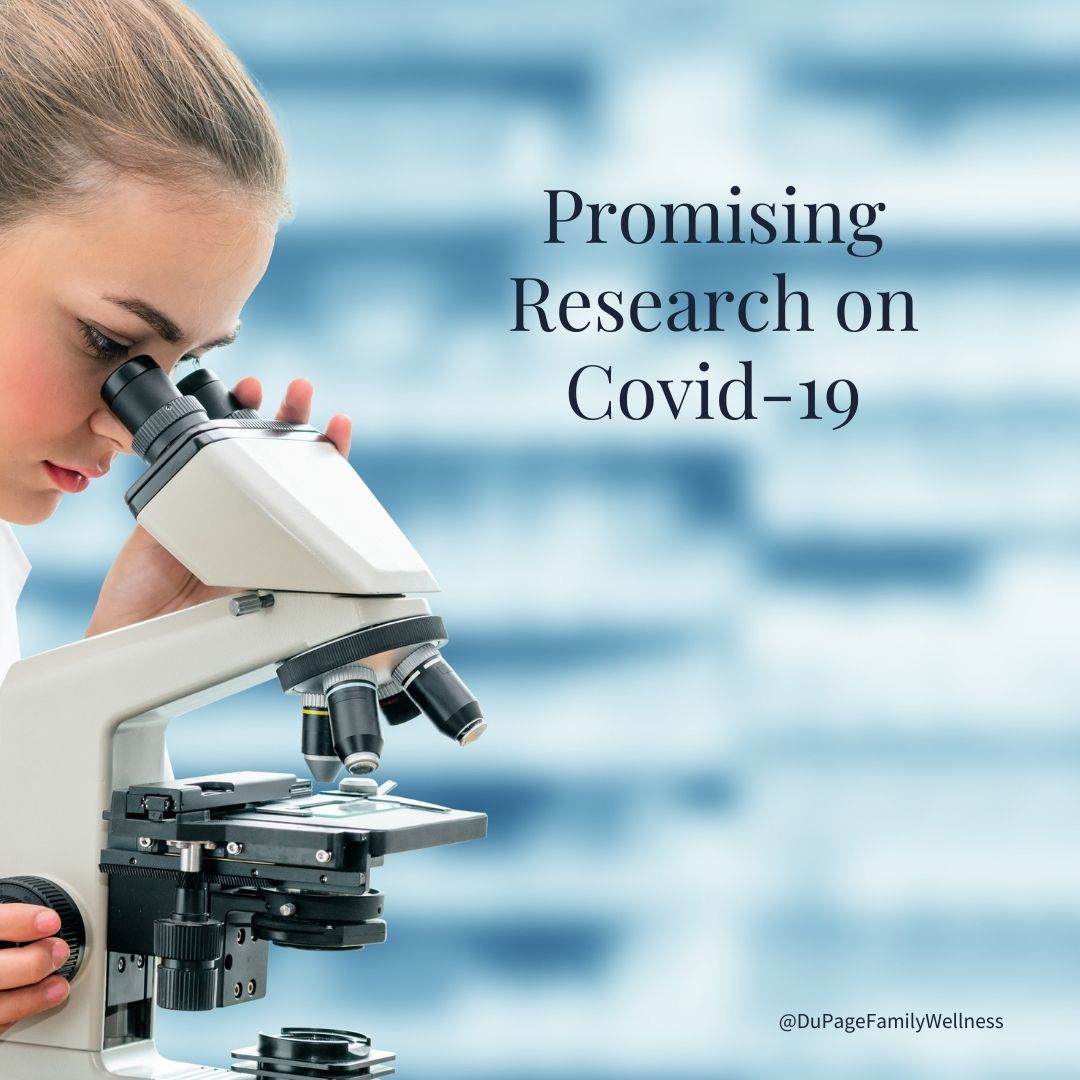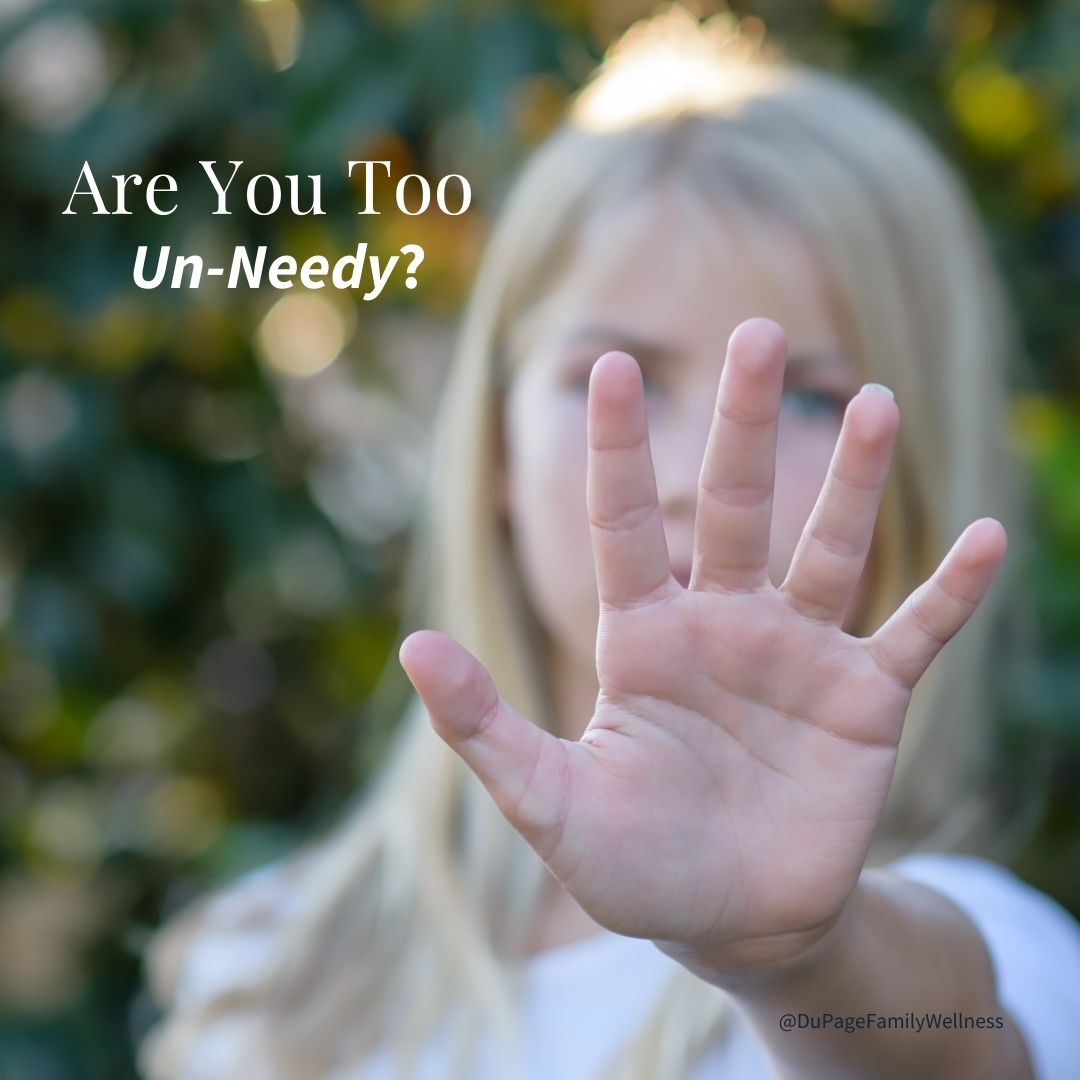 Many of us put a lot of effort in being kind to those around us. We aim to be gentle to our family, respectful to our coworkers, thoughtful of our neighbors - we are even nice to strangers we see on the street. But often times we are not so thoughtful with how we treat ourselves.
Many of us put a lot of effort in being kind to those around us. We aim to be gentle to our family, respectful to our coworkers, thoughtful of our neighbors - we are even nice to strangers we see on the street. But often times we are not so thoughtful with how we treat ourselves.
Take a minute now to think about the way you act toward yourself - specifically with how you speak to yourself! How do you talk with yourself when you are alone with your thoughts? Do you give yourself grace when things don’t go as planned? Or do you beat yourself up when you make a mistake?
Your words to yourself may be influenced by many things, but if you are intentional you can begin to change your negative self talk and become as good a friend to yourself as you are to others!
Where Negative Self-Talk Comes From
Our negative self talk can stem from many things. We unconsciously take on other people’s voices - a bully on the playground, a harsh coach, or a critical parent. This inner negative voice is often referred to as our inner critic.
Read more ...
 Are you planning to make some new year’s resolutions? Are you looking for tips on how to make lasting change? Or are you someone who has deemed resolutions ineffective and doesn’t even try?
Are you planning to make some new year’s resolutions? Are you looking for tips on how to make lasting change? Or are you someone who has deemed resolutions ineffective and doesn’t even try?
Regardless of which camp you are in today’s blog post is for you. Whether it’s a resolution or simply a small adjustment, behavior change can be REALLY HARD. So today I want to introduce a concept to you that might make shifting things a bit easier.
After exploring this concept, the last part of the blog will be for those interested in making more traditional resolutions stick.
Who Do You Want to Be?
Most of the time when people start to think about making a change they focus on outward behavior. But I want you to take some time to think about something deeper - your IDENTITY.
Read more ...
 This summer and fall the outdoors were a welcome respite to the isolation that came with the pandemic. You could go outside, feel the sunshine on your face, get some movement, and be around others at a safe distance.
This summer and fall the outdoors were a welcome respite to the isolation that came with the pandemic. You could go outside, feel the sunshine on your face, get some movement, and be around others at a safe distance.
Now that the weather has turned colder, you may prefer to stay inside where the temperature is well regulated. However there are so many benefits to embracing the cold weather and engaging in extreme temperature exposures that you may want to reconsider the great outdoors.
You may be surprised to learn that that exposure to the cold has many health benefits, especially if you really dislike the cold. But I invite you to come into this discussion with an open mind, no matter how much you would prefer to live in a sunny, warm climate year-round!
A Look At History
I often look at how our ancestors lived as a guide to what is natural for the human body. When it comes to cold exposure there is a huge discrepancy between how our ancestors experienced the weather and how we experience it today.
Most of us work, live, and spend our time in buildings that maintain a very comfortable temperature. We wake up in temperature-controlled homes, take a warm shower, and drive to work in comfortable cars that have been in the garage all night.
Read more ...
 What if there was a cheap effective supplement that could help protect your body from the effects of Covid-19? Would you be interested in learning more? If so, you will want to look at the research surrounding vitamin D.
What if there was a cheap effective supplement that could help protect your body from the effects of Covid-19? Would you be interested in learning more? If so, you will want to look at the research surrounding vitamin D.
While no supplement can provide complete protection, the research on vitamin D is very promising. Let’s take a look at the research to see the powerful impact it may be having on those with Covid-19.
Observational Studies
Throughout this pandemic there has been quite a bit of research surrounding supplements and the effects they have on covid. There have been at least 15 observational studies which have investigated the connection between vitamin D and COVID-19.
Recently, Chris Kresser discussed one such study that was published in the journal Nature. According to Kresser, “The researchers compared people with asymptomatic infections to people with severe infections: 97 percent of people in the severe group had vitamin D deficiency (average level of 14!) vs. 33 percent in the asymptomatic group... People with low vitamin D also had higher levels of inflammatory markers like ferritin, tumor necrosis factor-alpha, and interleukin-6. Most impressively: the fatality rate was seven times higher in the low vitamin D group!”
Read more ...
 Do you regularly find yourself overwhelmed and exhausted? Does it feel like your responsibilities are never done and that you never have time for yourself? If so, you might have come to play the role of “needless” - one without needs!
Do you regularly find yourself overwhelmed and exhausted? Does it feel like your responsibilities are never done and that you never have time for yourself? If so, you might have come to play the role of “needless” - one without needs!
When you are not aware of your needs, or aren’t comfortable asking for those needs to be met, you can easily take on too much. Focusing on other people’s needs without considering your own will leave you living an unbalanced life.
While being too needy isn’t the goal, neither is being needless. To live a balanced life it is important that we learn how to both give and take in relationships. Let’s look at this dynamic and challenge any unhealthy beliefs we have about welcoming our own needs.
Why You May Struggle
As babies we are all very needy! We make our needs known without hesitation - often through our cries. But as we grow, we gain more and more control over our emotions and the way we display our needs. This is a good thing, however at times it can go too far.
As children grow society puts a lot of pressure on them to be "good boys" and "good girls." There is a large focus of conforming in many schools and families. Children are praised for helping others and not causing trouble. While there are obvious benefits to this behavior, in some cases it can create "people pleasing" tendencies that can become out of balanced. If children get the message that their needs are too much or will not be met, sometimes they simply turn them off. Of course this is not really possible, so those needs and the emotions that accompany them just get pushed down. When we do this for long enough, we can become “needless”.
Read more ...
 We at DuPage Family Wellness would like to wish you a Happy Thanksgiving week!
We at DuPage Family Wellness would like to wish you a Happy Thanksgiving week!
There are many things that typically make Thanksgiving special - time with loved ones, tasty food, and the focus on gratitude!
I don't know that any of us will have a traditional Thanksgiving experience this year, but the one thing we can do is choose to embrace gratitude. After all it is the one day of the year that our culture encourages us to pause and reflect on all we have.
There are so many benefits to developing a gratitude practice that I wanted to share our gratitude blogs with you once more.
I think you'll be surprised at how much we have to be grateful for even in the craziest of times!
Dr. Jamie
 Many of us put a lot of effort in being kind to those around us. We aim to be gentle to our family, respectful to our coworkers, thoughtful of our neighbors - we are even nice to strangers we see on the street. But often times we are not so thoughtful with how we treat ourselves.
Many of us put a lot of effort in being kind to those around us. We aim to be gentle to our family, respectful to our coworkers, thoughtful of our neighbors - we are even nice to strangers we see on the street. But often times we are not so thoughtful with how we treat ourselves.

 Are you planning to make some new year’s resolutions? Are you looking for tips on how to make lasting change? Or are you someone who has deemed resolutions ineffective and doesn’t even try?
Are you planning to make some new year’s resolutions? Are you looking for tips on how to make lasting change? Or are you someone who has deemed resolutions ineffective and doesn’t even try? This summer and fall the outdoors were a welcome respite to the isolation that came with the pandemic. You could go outside, feel the sunshine on your face, get some movement, and be around others at a safe distance.
This summer and fall the outdoors were a welcome respite to the isolation that came with the pandemic. You could go outside, feel the sunshine on your face, get some movement, and be around others at a safe distance.  What if there was a cheap effective supplement that could help protect your body from the effects of Covid-19? Would you be interested in learning more? If so, you will want to look at the research surrounding vitamin D.
What if there was a cheap effective supplement that could help protect your body from the effects of Covid-19? Would you be interested in learning more? If so, you will want to look at the research surrounding vitamin D. Do you regularly find yourself overwhelmed and exhausted? Does it feel like your responsibilities are never done and that you never have time for yourself? If so, you might have come to play the role of “needless” - one without needs!
Do you regularly find yourself overwhelmed and exhausted? Does it feel like your responsibilities are never done and that you never have time for yourself? If so, you might have come to play the role of “needless” - one without needs! We at DuPage Family Wellness would like to wish you a Happy Thanksgiving week!
We at DuPage Family Wellness would like to wish you a Happy Thanksgiving week!